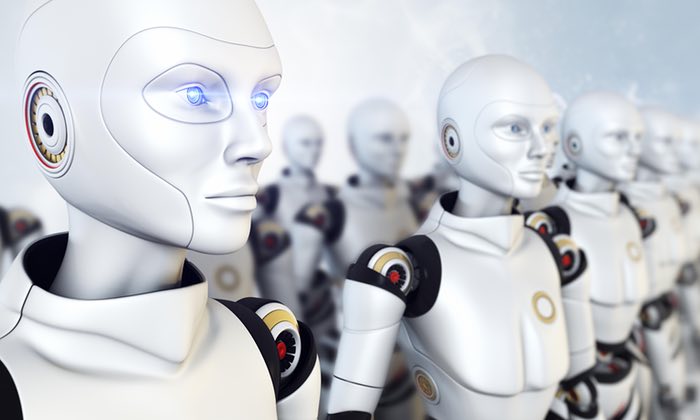
Beware the unintended consequences of a robot revolution
Ask an economist or a technology expert and they will happily tell you that decades of data reliably show automation has created more jobs than it has destroyed.
Far fewer of us now work on farms, for example, thanks to super-efficient machines that do the bulk of the work. Such technology has boosted productivity and, with it, living standards. As a result, more people work in leisure industries such as hospitality or hairdressing, serving all those people with higher disposable incomes and more free time.
So far so good. And were the pattern to continue, one could envisage the realisation at last of the prediction made by John Maynard Keynes in 1930 that the working week would eventually be cut, perhaps to just 15 hours.
The Guardian view on the automated future: fewer shops and fewer people | Editorial
Read more
The problem with this rose-tinted view of automation, however, is its focus on big averages that take little account of individuals’ experiences. Sure, the number of job gains for the whole of the UK may well be higher than the number lost to technology. But that is little consolation to someone who loses their job in a Midlands car plant to a robot and discovers most of the new openings are far afield in the coffee bars and hotels of London.
Nor do studies of what has gone before allow for the fact that the pace of technological change will probably be quicker in the future. In other words, evolutions that took place over previous decades may well have been gradual enough for most people to find new ways of making a living, with varying degrees of difficulty. But faster and more widespread technological changes in the future are unlikely to be so easy to adapt to.
For governments, this imposes a pressing need to step in and ensure the rise of the robots is not accompanied by a further rise in inequality. As tempting as it may be to pour money into boosting automation in return for the long-awaited boost to productivity and headline economic growth, doing so without having a clear plan for retraining displaced workers would cause untold harm to millions of individuals.














Comments
Your Comment
Please login to your account or register then send your comment.